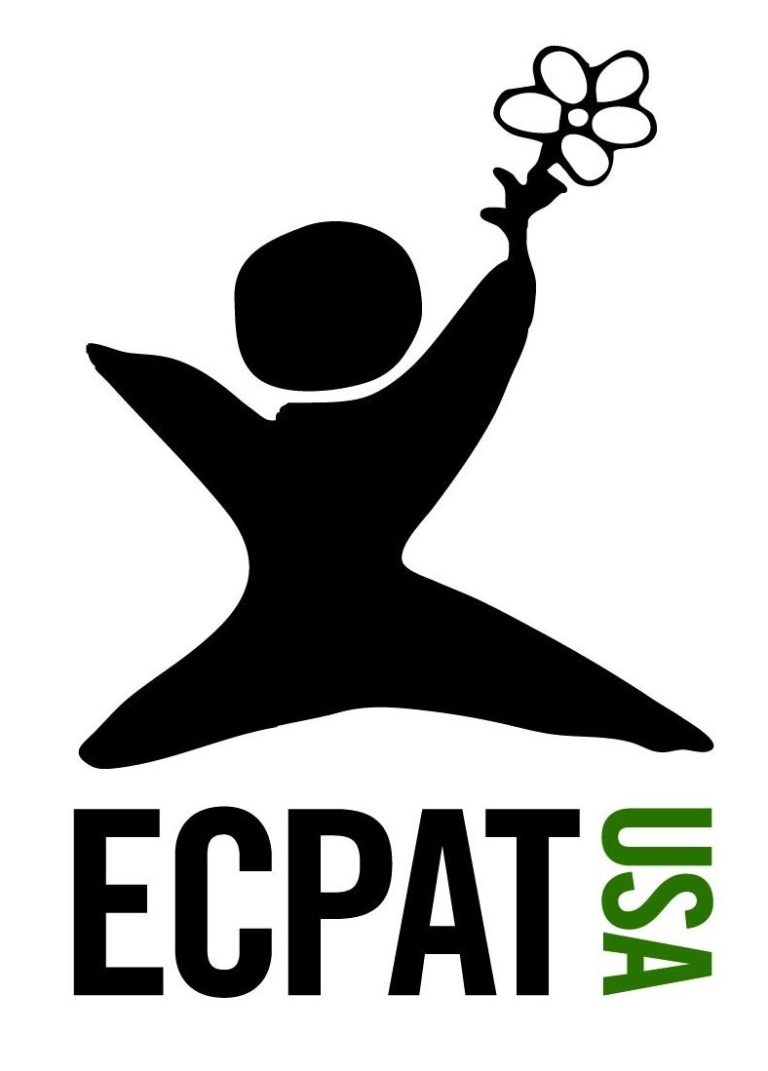Sex Trafficking
Sex trafficking is a grave concern that impacts millions of individuals worldwide, especially women and children. It represents a modern-day form of slavery, where victims are coerced, deceived, or forced into sexual exploitation. Perpetrators employ violence, threats, and psychological manipulation to exert control over their victims, leading to devastating consequences.
Sex trafficking manifests in various forms, such as prostitution, pornography, and sexual exploitation in workplaces or educational institutions. It encompasses the trafficking of minors and adults for sexual purposes, including child sex tourism and the exploitation of adults through force, deceit, or coercion.
The causes of sex trafficking are intricate and multifaceted. Factors such as poverty, lack of education, and social inequality contribute to the vulnerability of individuals. In some instances, individuals may be enticed into sex trafficking through false promises of employment or a better life, only to find themselves trapped in a situation where they are compelled to engage in sexual activities.
The effects of sex trafficking on survivors are profound and enduring. They often endure physical and emotional trauma, including post-traumatic stress disorder (PTSD), depression, and anxiety. Survivors may grapple with feelings of shame, guilt, and self-blame, and encounter difficulties in establishing healthy relationships in the future.
Thankfully, there are measures that can be taken to combat sex trafficking and support its victims. Governments, non-governmental organizations (NGOs), and individuals all have a role to play in preventing sex trafficking and safeguarding its victims. Strategies include:
1. Raising awareness: Educating the public about the realities of sex trafficking can help reduce the demand for exploitative sexual services.
2. Strengthening laws and policies: Governments can enact legislation and policies that criminalize sex trafficking and provide protection for victims.
3. Supporting survivors: NGOs and other organizations can offer essential services such as counseling, medical care, and legal aid to survivors of sex trafficking.
4. Collaborating with law enforcement: Cooperation between law enforcement agencies, NGOs, and other organizations is crucial in identifying and prosecuting traffickers, as well as safeguarding victims.
5. Providing alternative livelihoods: Offering alternative livelihood options and economic opportunities can decrease the vulnerability of individuals to sex trafficking.
As individuals, we can also contribute to the prevention of sex trafficking. Being mindful of our own consumption habits and avoiding support for industries or businesses that profit from exploitation is vital. Additionally, supporting organizations combatting sex trafficking and advocating for policies and laws that protect victims can make a significant difference.
In conclusion, sex trafficking is a grave global issue that necessitates awareness of its causes and consequences, as well as proactive steps to prevent it and support its victims. By working together, we can strive towards a world where no one is coerced, deceived, or forced into sexual exploitation.






Organizations That Help Combat Sex Trafficking
1. Polaris: Polaris operates the National Human Trafficking Hotline in the United States, providing assistance to victims, connecting them with services, and collecting data to better understand the issue. They also work on policy advocacy, training, and public awareness campaigns.
2. ECPAT International: ECPAT is a global network of organizations dedicated to ending the sexual exploitation of children. They work to raise awareness, advocate for policy changes, and provide support to survivors.
3. International Justice Mission (IJM): IJM is a global organization that focuses on rescuing victims of trafficking, providing aftercare, and supporting law enforcement efforts to bring traffickers to justice. They also work to strengthen justice systems and advocate for policy changes.
4. Coalition Against Trafficking in Women (CATW): CATW is an international organization that works to prevent trafficking, support survivors, and advocate for policies that address the root causes of sex trafficking. They also engage in research and public education initiatives.
5. Love146: Love146 works to end child trafficking and exploitation through survivor care, prevention education, professional training, and advocacy. They focus on empowering survivors and providing them with the necessary support to heal and thrive.
6. Not For Sale: Not For Sale aims to fight modern slavery, including sex trafficking, through various initiatives such as survivor care, social enterprises, and community-based programs. They focus on providing economic alternatives and empowering vulnerable communities.
These are just a few examples of reputable organizations actively engaged in combating sex trafficking. It's always a good idea to research and learn more about an organization before making any donations or getting involved.
We need your consent to load the translations
We use a third-party service to translate the website content that may collect data about your activity. Please review the details and accept the service to view the translations.

